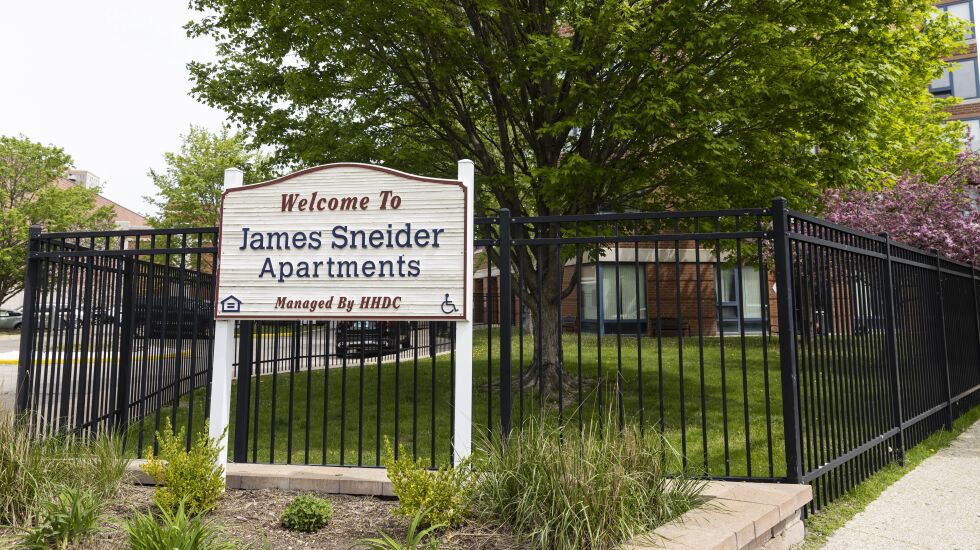
The clout-heavy owner of a Rogers Park senior home was fined just $1,500 after three women died during a heat spell last spring — deaths that autopsies link directly to soaring temperatures in the building where the heating system was left running.
The women — Janice Reed, 68, Gwendolyn Osborne, 72, and Delores McNeely, 76 — were discovered throughout the day on May 14 at the James Sneider Apartments as temperatures inside the building rose into the low 90s.
“They knew that people were burning up and they made them endure it for an additional two days afterward with no relief,” said Osborne’s son, Kenneth Rye.
While fans and portable air conditioners had been handed out and a “cooling center” set up, it was only after the deaths that the building’s heating system was switched over to cool the complex at 7450 N. Rogers Ave.
A subsequent inspection by the Buildings Department found 11 code violations, including two dealing with an air conditioning “chiller” on the roof that “does not appear suitable for exterior use,” records show.
The department later noted that the issues had been addressed and “no dangerous and hazardous conditions” were found during a second inspection.
By then, the owner and building manager — the Hispanic Housing Development Corporation — had provided “individual air conditioning units” to each tenant, according to records.
Under a settlement agreement, the firm was ordered to pay a $1,500 fine and $60 in court fees.
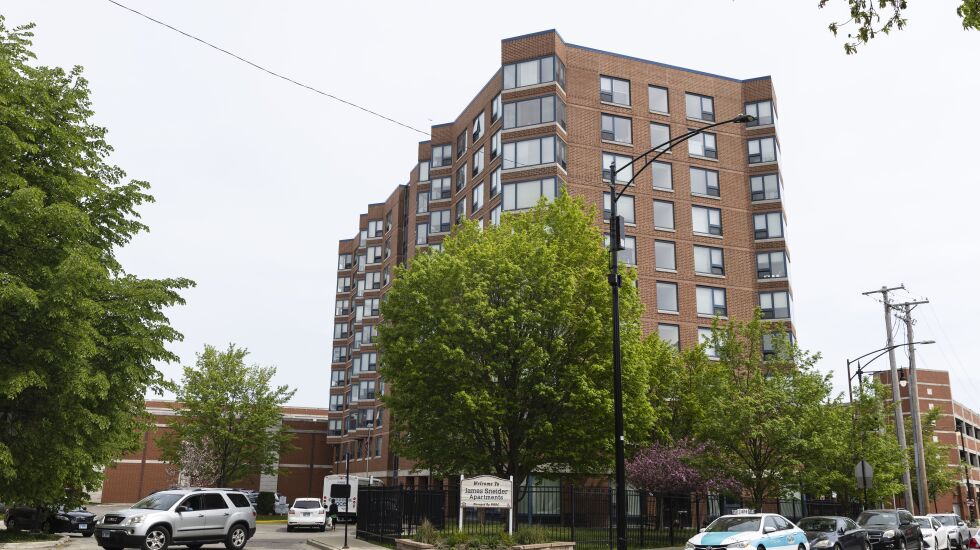
Just over a week later, on Aug. 11, the Cook County medical examiner’s office determined the primary cause of death for all three women was “environmental heat exposure due to hot residential building during heat-related weather event,” according to spokeswoman Brittany Hill.
A Buildings Department spokesman told the Sun-Times that city officials did not have access to the autopsy reports when they reached the settlement. The fines were based solely on violations found during the inspection, according to spokesman Mike Puccinelli.
He referred further questions about the deaths to the Chicago Police Department, but a spokesperson would only say that a probe “was concluded as non-criminal.”
The attorney for the family of one of the victims believes a criminal investigation should be launched, particularly in light of the newly disclosed autopsy results and the role the building owner’s actions played in the deaths.
“I do think someone should look into whether there’s any criminal liability,” said Larry Rogers Jr., an attorney representing Reed’s son.
‘Lack of care and concern’
The Hispanic Housing Development Corporation built the James Sneider Apartments with the help of nearly $6 million in loans from the city of Chicago. The firm is a major developer of affordable housing and the senior homes it manages have a history of code violations.
Hipolito “Paul” Roldan, the nonprofit’s president and chief executive, said he only learned of the autopsy results linking the deaths to conditions in his building after the Sun-Times inquired about them.
He declined to answer most questions, citing pending lawsuits by families.
Roldan was formerly the board chair of the Cook County Housing Authority and previously served as co-chair of Mayor Lori Lightfoot’s Housing Transition Committee after her election in 2019.
His nonprofit scored a lucrative contract in September of last year with the Chicago Housing Authority to manage 22 senior high-rise complexes across the city.
By May, four of those buildings had been cited a total of 21 times, a Sun-Times analysis found.
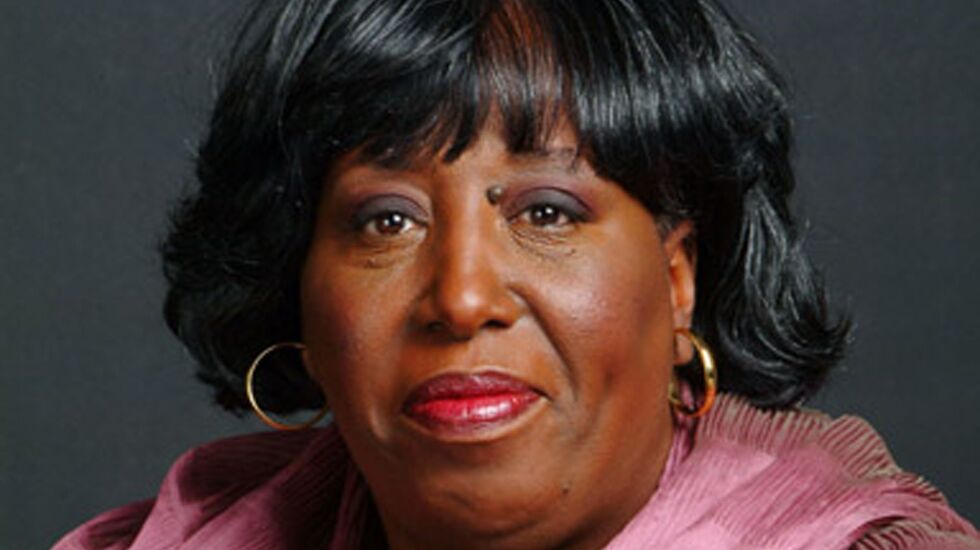
Rye said he believes “a lack of care [and] concern” by Roldan’s company led to the deaths. He wonders what steps are being taken to protect vulnerable residents in affordable housing like the James Sneider Apartments.
“We know the subsidized housing in the city of Chicago has been substandard historically. Just period. Period. Period,” he said. “There’s a history there. We all know it. And so what basic standards — what basic common sense standards — should be in place?”
His mother was a media professional and trailblazing reporter who helped launch the Chicago chapter of the National Association of Black Journalists.
He and Reed’s son, Veldarin Jackson Sr., have sued the Hispanic Housing Development Corporation. McNeely’s family has retained a law firm but hasn’t filed suit and declined comment.
Jackson has described his mother as “a loving person” who lived at the building for at least a decade after retiring from a job at a Social Security office in Evanston.
Rogers claimed the building staff did not turn on the air conditioning “to keep costs down.”
“That arguably is intentional,” he said, “meaning they made an intentional financial decision that led to the deaths of three innocent seniors.”
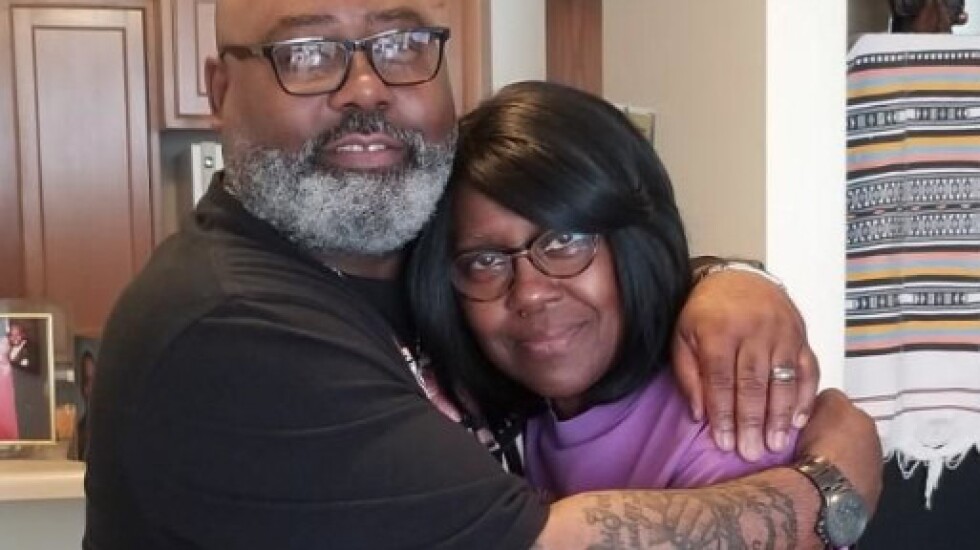
Long-awaited hearing still not set
An ordinance Ald. Maria Hadden (49th) helped push through earlier this year requires residential high-rises and senior buildings to establish “cooling centers in enclosed common areas” to give residents some refuge when temperatures rise to at least 80 degrees.
The City Council’s Housing Committee is planning to hold a hearing in which the Buildings Department will detail the findings of its investigation. A member of the committee, Hadden said she hopes it happens next month.
“What I’m expecting to hear is kind of what the city Department of Buildings determined, of what they found on site, what’s been done to correct it and then of course what the city has done,” she said. “And how they’ll prevent tragedies like this in the future.”
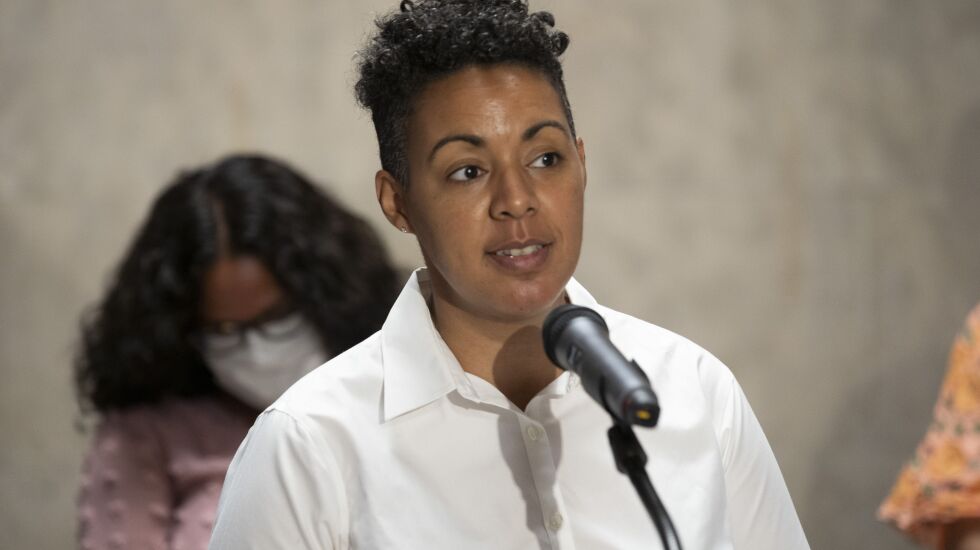
Hadden’s predecessor, Joe Moore, was contracted by the Hispanic Housing Development Corporation following the deaths. Moore previously served as chairman of the Housing Committee and now works as a lobbyist and government affairs consultant.
Moore said he was tapped to work with two key city officials involved in the investigation at the James Sneider Apartments: Buildings Commissioner Matthew Beaudet and Ald. Harry Osterman (48th), the chairman of the Housing Committee.
Moore said he reached out to Osterman earlier this year as the committee planned to hold hearings, and he approached Beaudet “to talk about some of the proposals that they were considering.”
He claimed the Hispanic Housing Development Corporation “didn’t take a position” on Hadden’s cooling ordinance.
Roldan, however, said the former alderperson was specifically hired to review the measure and “provide a recommended response.”








